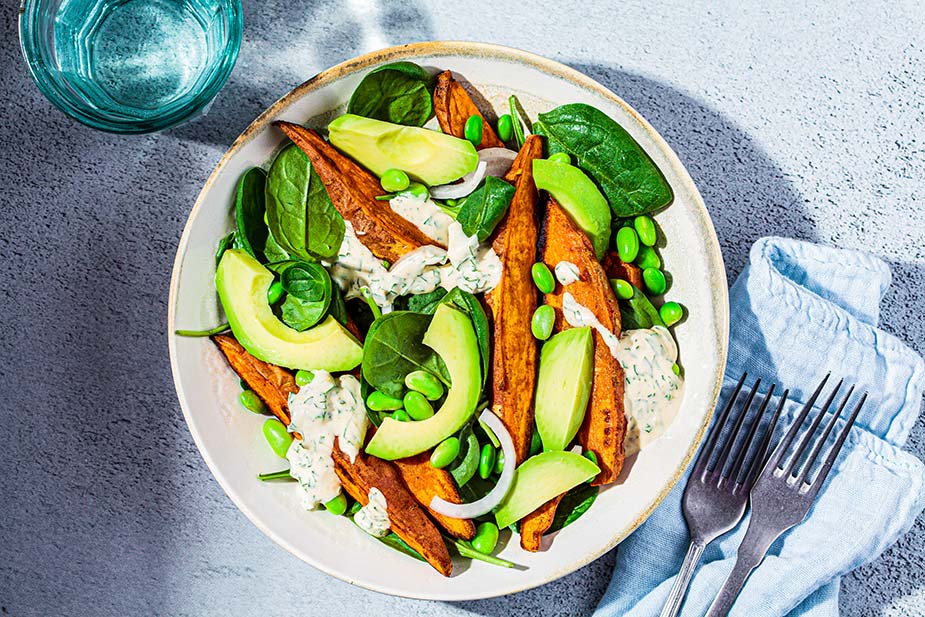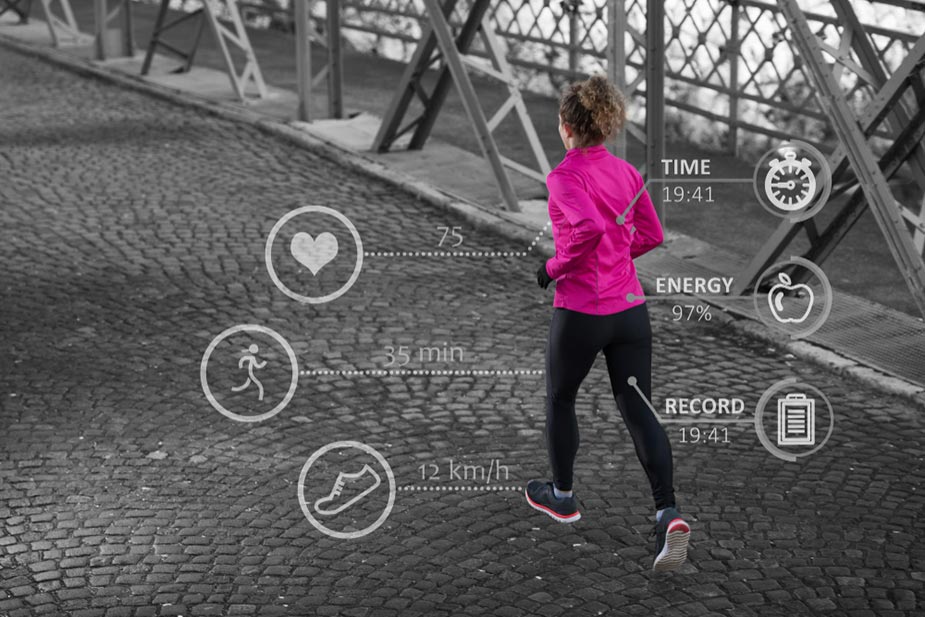The Ketogenic or Keto diet is based on eliminating carbohydrates from your diet and increasing your intake of foods rich in fats, along with a moderate or almost minimal intake of protein-rich foods. It is popular because fats quickly burn, making excess weight easy to lose.
Typically, this diet is based on animal-based foods such as meat, eggs, and certain dairy products. That’s why this diet is not suitable for those who cannot tolerate such food, as well as for those who practice a vegan way of eating.
If you do not like meat and animal-based foods and if you are a fan of the vegan way of eating, you will be pleased to know that it is possible to follow the ketogenic diet even without animal-based foods.
What is the Vegan Keto Diet?
During this type of diet, the carbohydrate intake during the day is limited to less than 50 grams to achieve a state of ketosis – a metabolic process during which the body burns fat instead of glucose to produce energy.
If your diet is based solely on non-animal-based foods, it is very easy to follow this diet with a certain plan and eat only vegetables, fruits, and grains. Ketosis can be achieved with the help of foods that are high in fat, such as coconut oil, avocado, seeds, and nuts.
Foods to Avoid
While on this diet, you need to significantly reduce your carbohydrate intake and replace it with healthy fats and proteins. The foods you should definitely avoid are all animal-based foods, such as eggs, meat, fish, seafood, dairy products, and honey.
Foods to reduce:
- Grains and starchy foods: bread, pastries, rice, pasta, and other types of grains
- Sugary drinks: sweetened tea, juice, soda, smoothies, chocolate milk
- Sweeteners: white sugar, brown sugar, maple syrup, agave syrup
- Starchy vegetables: potatoes, sweet potatoes, pumpkin, beets, peas
- Legumes: beans, black beans, chickpeas
- Fruit: reduce your fruit intake, but small portions of berries are allowed
- Alcoholic beverages with high carbohydrate content: beer, cocktails, wine
You also need to eliminate all processed foods from your diet, such as sauces that usually contain a high level of sugar. Snacks and sweets are also not allowed.
Foods You Can Eat
- Coconut products: full-fat coconut milk, unsweetened coconut, coconut cream
- Oils: olive oil, coconut oil, avocado oil
- Nuts and seeds: almonds, Brazilian nuts, walnuts, hemp seeds, chia seeds, pumpkin seeds
- Butters: peanut butter, almond butter, margarine, cashew butter
- Vegetables: green salad, spinach, cucumber, Brussels sprouts, zucchini, broccoli, cauliflower, mushrooms, peppers, eggplant
- Protein-rich foods: full-fat tofu
- Vegan “dairy products”: coconut milk yogurt, vegan butter, cashew cheese, vegan cream cheese
- Avocado: avocado fruit, guacamole
- Berries: limited amount of blueberries, blackberries, raspberries, and strawberries
- Nutritional supplements: fresh spices, dried spices, salt, pepper, lemon juice
It is very important during this diet to use healthy and unprocessed foods.
Sample Thre-Day Meal Plan
Here’s a sample three-day meal plan for a vegan keto diet:
Day 1
Breakfast: Chia pudding with full-fat coconut milk and almonds
Lunch: Zucchini noodles with a walnut sauce and vegan cheese
Dinner: Cauliflower pizza with vegetables and vegan cheese
Day 2
Breakfast: Full-fat coconut milk yogurt with walnuts and chia seeds
Lunch: Creamy cauliflower and coconut milk soup
Dinner: Lasagna with eggplant and vegan cheese
Day 3
Breakfast: Fried tofu with mushrooms and spinach
Lunch: Green salad with avocado, tofu, and pumpkin seeds
Dinner: Fried “rice” made with cauliflower
Vegan Keto Snacks
Here are some snack ideas you can enjoy when you’re in between meals or craving something sweet:
Coconut milk and cocoa smoothie Mixed nuts Unsweetened coconut chips Pumpkin seeds Coconut milk yogurt with chopped almonds Olives Guacamole with red pepper Coconut cream with mixed berries
Advantages of a Vegan Keto Diet
Vegan diets are associated with a reduced risk of chronic diseases such as cardiovascular disease and diabetes.
One of the best advantages of this and the ketogenic diet in general is rapid weight loss. If you don’t eat animal products, you’ll lose unwanted weight even faster and easier.
With this diet, you can also regulate blood sugar levels, metabolism, and inflammatory processes.
Disadvantages of a Vegan Keto Diet
In addition to many positive aspects and advantages, this way of eating also has certain disadvantages. Some of the downsides of this diet are that certain healthy foods are prohibited, which can lead to a lack of certain vitamins and minerals such as vitamin B12, vitamin D, vitamin K2, omega-3 fatty acids, iron, and calcium.
Therefore, it is important that if you decide to follow this diet, you make up for these vitamins by using appropriate supplements. It is important when buying supplements to pay attention to whether they contain animal ingredients and whether they contain sugar.
One of the biggest disadvantages is the transition period, during which many people decide to give up. During this period, you may feel nauseous, dizzy, experience constipation, headaches, poor concentration, and muscle aches.
Therefore, it is very important to stay hydrated during the transition period by drinking plenty of water and getting enough rest. Once you enter ketosis, things become easier.
Who Should Not Follow This Way of Eating
A vegan ketogenic diet is not suitable for those with type 1 diabetes, pregnant or breastfeeding women, professional athletes, or those with any eating disorder or a history of such disorders. Also, if you have any cardiovascular problems, this diet is not for you.
As always, before starting any new diet, be sure to consult with your doctor or nutritionist. They will know best whether this type of eating is good for your health or not.




